TERMINOLOGY WITHOUT BORDERS
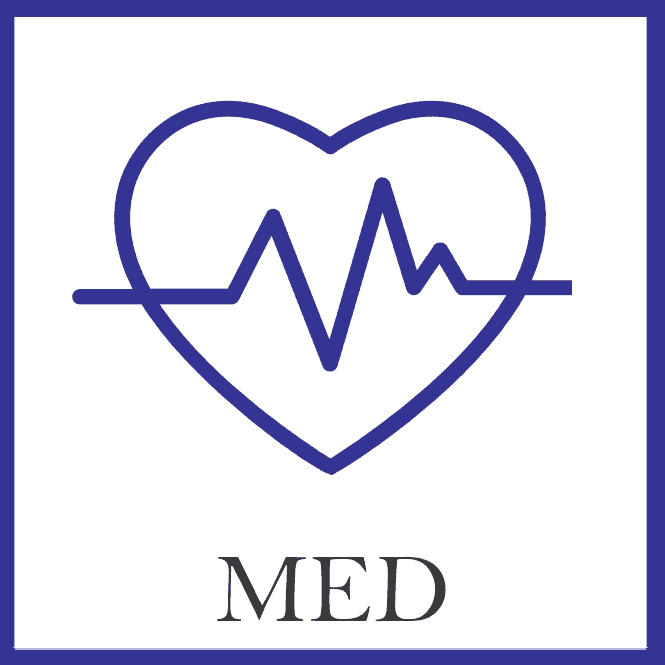
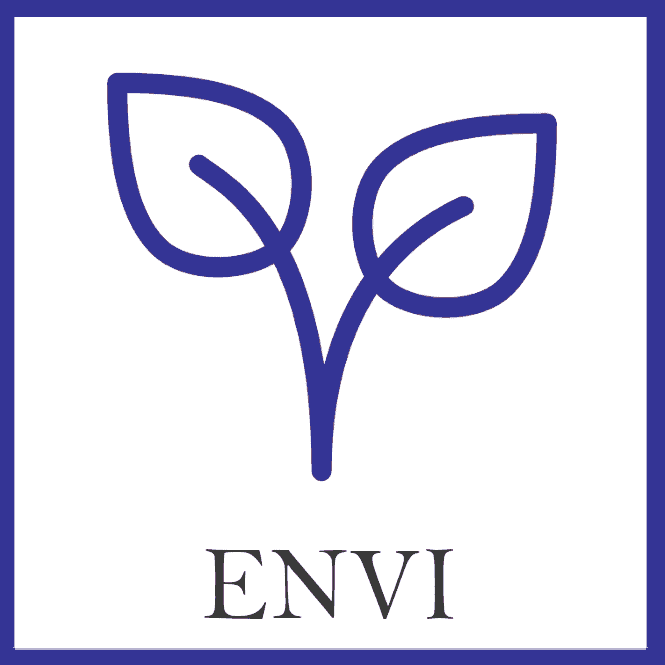
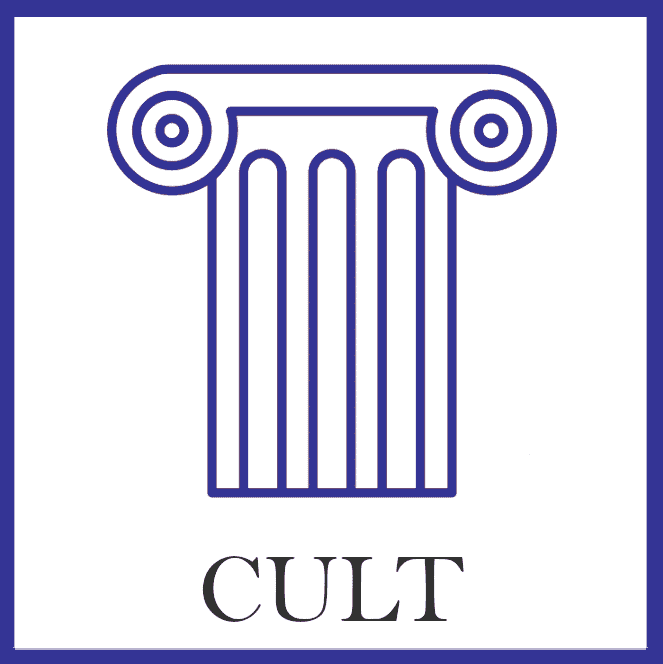
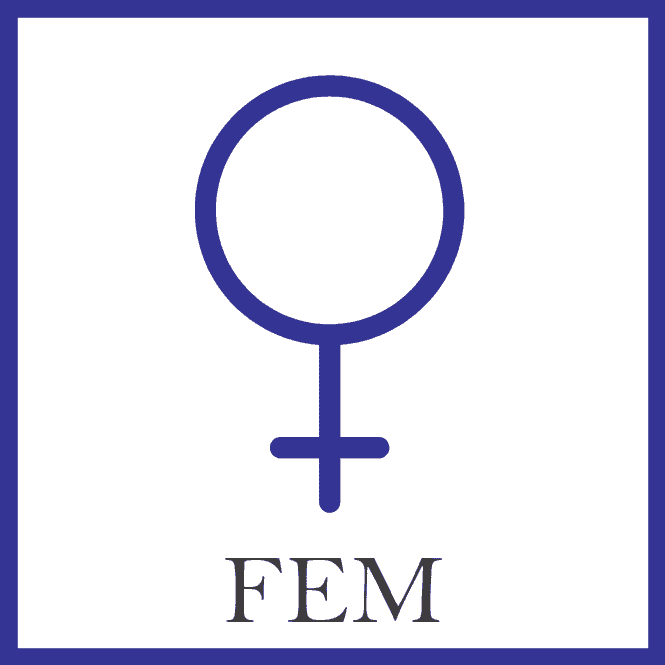
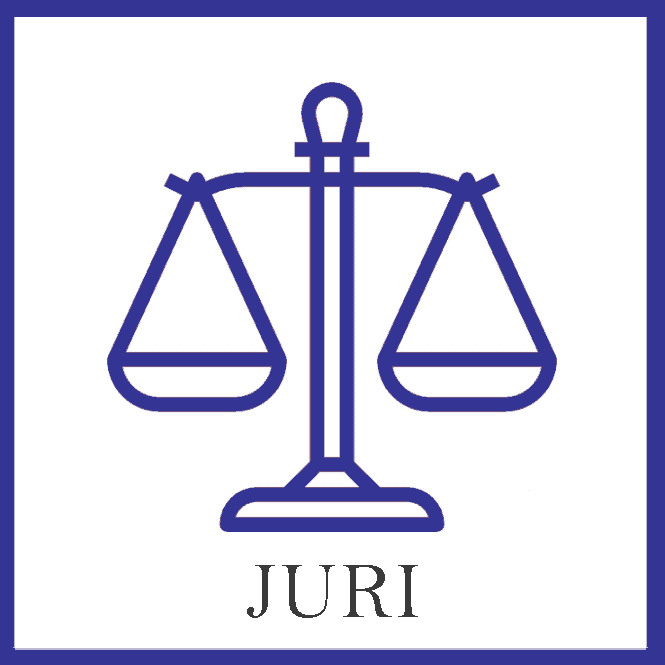
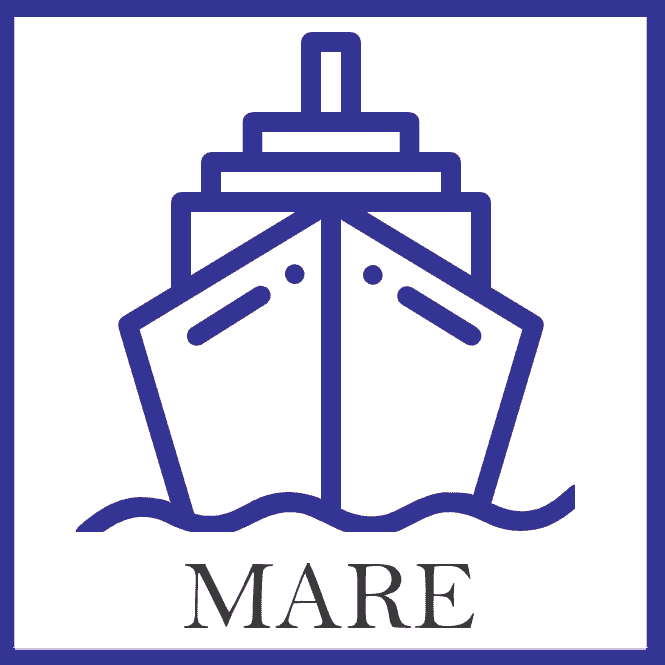



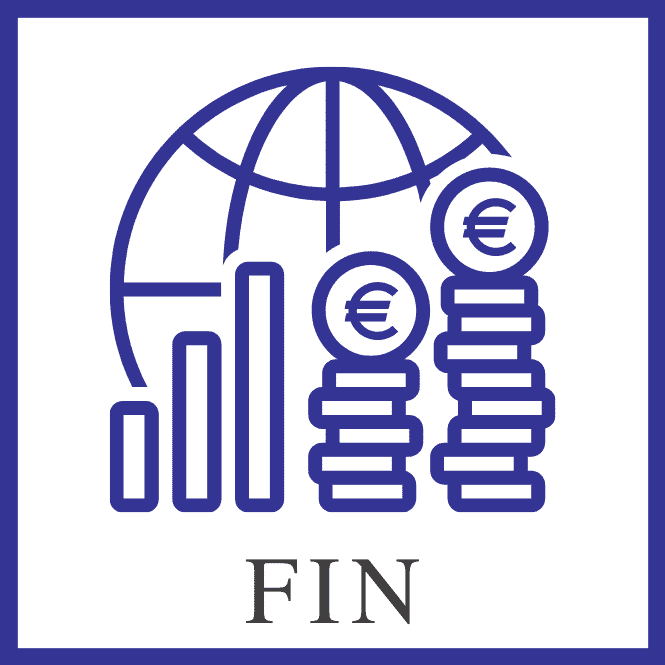
The Terminology Without Borders project of the Terminology Coordination Unit (TermCoord) reflects and supports the goal of the European Parliament’s Directorate-General for Translation (DG TRAD) to communicate with citizens in clear language.
It makes part of the collaboration with Universities for Terminology.
TermCoord launched Terminology Without Borders in collaboration with
- EU and UN Agencies and
- International Organisations
The main aim of the project is to enhance communication in a number of domains by tailoring terminology to citizens’ needs. This aim is achieved using several multilingual projects.
Each one of these multilingual projects contains terminology resources of the partners provided to the users and serving as a reference for the collaborating universities, the ongoing terminology entries and tables and related articles written by experts in each field.
The Workflow consists of several stages:
- term extraction from corpora to create projects (English is preferable as the source language to enable more Universities to collaborate)
- research by students for the equivalents in their language
- revision carried out by the experts of the partner organisations
The outcome of the projects will also be used to enrich IATE following the required validation by terminologists of the EU Institutions. (Therefore, students should check in IATE and add the ID if the term exists and either copy it in their language or make update suggestions).
The quality of the published glossaries is under the responsibility of the collaborators. All collaborators are invited to consult experts to ensure the accuracy of the terms.
I DESCRIBE MY PROJECT
(students have the floor)
PROJECT COORDINATION
Contact the project coordinators
TOOLBOX
COLLABORATIVE FORUM
Discuss and network on terminology and more!
